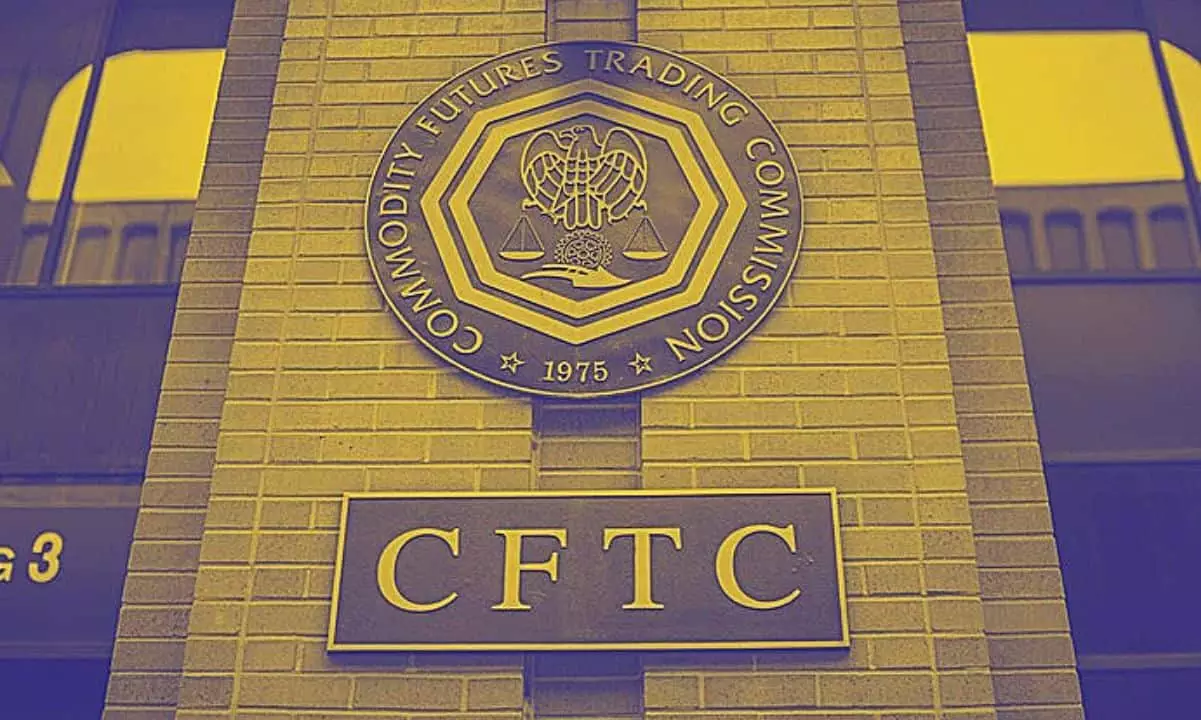In a significant shift at the Commodity Futures Trading Commission (CFTC), Acting Chair Caroline Pham has introduced leadership changes aimed at enhancing the agency’s engagement with the burgeoning crypto market. On Wednesday, Harry Jung was elevated to the position of Acting Chief of Staff. Jung comes with a robust background, having previously served as Pham’s Counselor and Senior Policy Advisor. His new role will involve navigating the complexities of digital assets, a domain that is becoming increasingly pivotal in regulatory discussions.
The appointment of Jung reflects a strategic focus on crypto, an area in which Pham has already made substantial strides. Since her interim appointment by President Trump, Pham has been instrumental in initiatives geared towards digital assets, advocating for a structured approach that fosters innovation while ensuring consumer protection. Her efforts have included forming a Digital Asset Markets subcommittee and proposing a regulatory sandbox for emerging technologies, demonstrating her commitment to creating a comprehensive framework for the digital economy.
As the agency gears up for a new chapter, it must contend with the legacy left by outgoing Chair Rostin Behnam, who departs the CFTC on February 7th. Behnam, during his tenure, positioned the CFTC as a frontrunner in regulating digital currencies, which included overseeing crucial enforcement actions amidst a rapidly evolving market landscape. His efforts culminated in significant agreements, such as the $2.7 billion settlement with Binance, underscoring the importance of regulatory vigilance.
As the CFTC transitions to new leadership, the question of permanent replacements rises. Former Commissioner Brian Quintenz is reportedly a strong candidate to assume the position, which could signal continuity in the agency’s strategies regarding digital asset oversight.
These changes at the CFTC unfold alongside a parallel shakeup at the U.S. Securities and Exchange Commission (SEC). President Trump has also appointed Mark Uyeda as acting chair of the SEC, succeeding Gary Gensler. Known for his critical stance towards Gensler’s approach to crypto regulation, Uyeda’s leadership may usher in a shift towards a more balanced regulatory environment, especially for non-fraudulent cryptocurrency firms. This new direction is of particular interest as it coincides with ongoing discussions about the need for clearer guidelines and supportive frameworks for the crypto industry.
Furthermore, Trump’s nomination of Paul Atkins, a known advocate for pro-crypto policies, as the permanent SEC chair reflects a broader trend towards reevaluating regulatory practices in light of the industry’s rapid evolution.
In the context of these leadership transitions, the implications for crypto regulation at both the CFTC and SEC are profound. With the digital asset landscape continually maturing, the emphasis on regulatory clarity and innovation is more critical than ever. The newcomers, Pham and Uyeda, represent a shift towards inviting dialogue and potentially more accommodating regulations that can stimulate growth while protecting consumers.
As these agencies prepare for further changes—especially with the potential of additional appointments and policy shifts—stakeholders in the crypto community will need to remain vigilant and engaged. As evident in the recent subpoenas and enforcement actions against platforms like Coinbase and Polymarket, regulatory scrutiny is not waning. Instead, it appears poised to adapt, reflecting the dynamic and often controversial nature of the cryptocurrency market.
Overall, the evolving leadership landscape in key regulatory agencies offers a fascinating glimpse into the future of crypto regulation. The outcomes of these changes may well shape the operational frameworks and sustainability of the digital asset industry for years to come.

